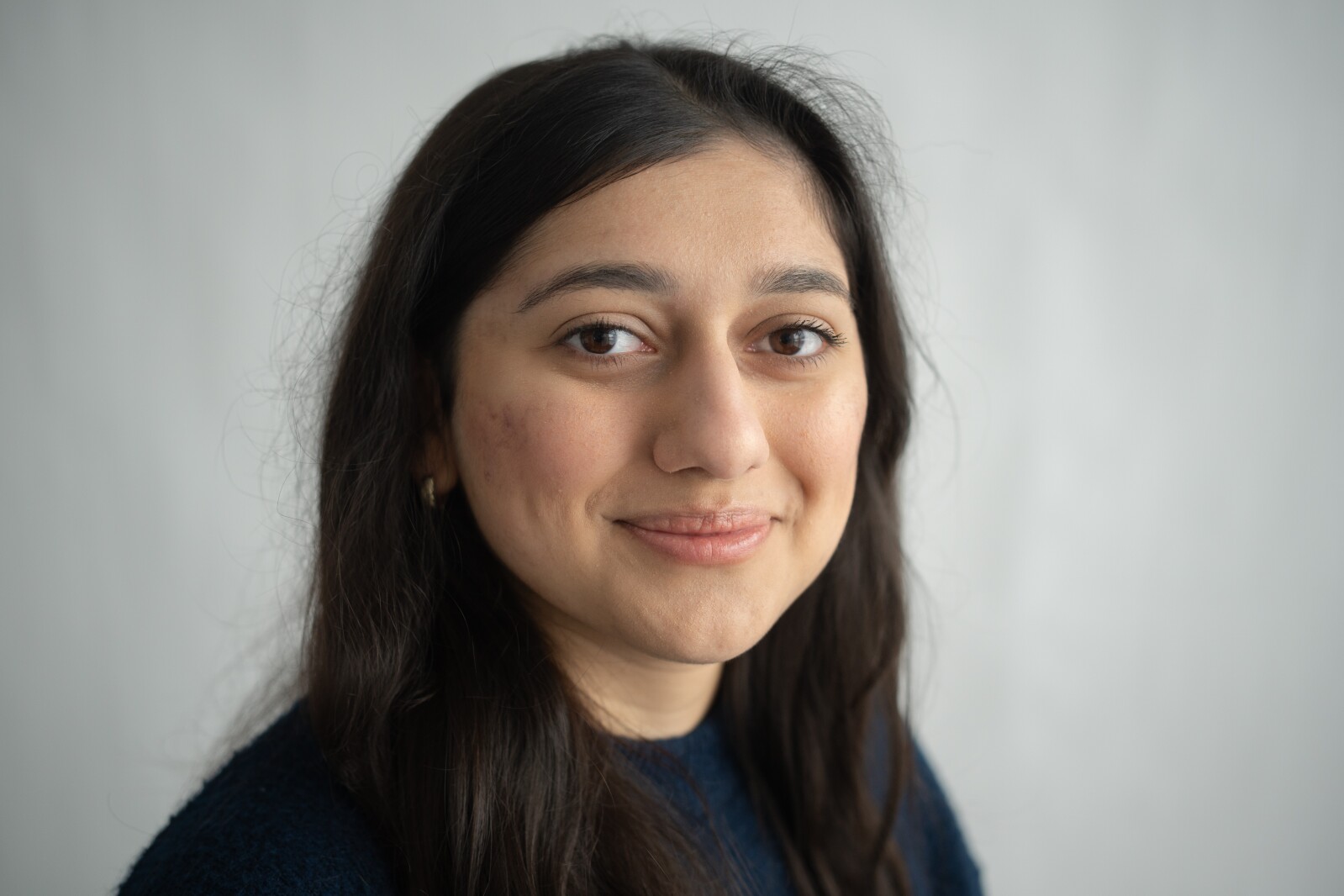From a young age, I would spend my Friday afternoons nestled among fellow Muslims in the comforting embrace of our cherished mosque, seated side by side on the plush carpet.
The diverse congregation, adorned in an array of elegant and modest attire, would convene for a singular purpose – to listen attentively to the Friday sermon. These gatherings, enriched by lectures and the melodic recitation of Quranic verses, have long served as a wellspring of inspiration and knowledge for the Muslim community.
Throughout history, mosques have not only been places of prayer but also epicenters of learning and intellectual discourse, shaping and enriching Muslim societies across generations. These architectural marvels, with their grand structures and Quranic inscriptions adorning every corner, stand as symbols of the profound connection between scripture and prayer.
In addition to the grand mosques that awe the world with their splendor, the humble mosques nestled in rural communities play an equally vital role in fostering a sense of unity and belonging among Muslims. These smaller mosques, steeped in noble traditions and heartfelt stories, form the backbone of our community.
In the contemporary landscape, mosques have evolved into centers that promote religious understanding, impart essential skills, instill core values, and nurture leadership qualities necessary for positive contributions to today’s fast-paced society. This role of mosques as educational and communal hubs traces back to the seventh century CE, where they served as crucibles of political discourse, religious teachings, and knowledge dissemination.
Islamic tradition places a high value on knowledge acquisition, prompting mosques to transform into bustling centers of education. Imagine vast libraries tucked within mosque premises, bustling with eager students delving into a myriad of subjects from Arabic grammar to theology. The thirst for knowledge among scholars facilitated the widespread proliferation of mosques across early Islamic civilizations.
Visionary rulers of the time recognized the pivotal role mosques could play as centers of learning and took proactive steps to establish them as educational institutions. They set up libraries within mosques, stocked them with rich literary treasures, and appointed learned scholars to guide the seekers of knowledge.
In today’s globalized world, where external influences abound, mosques stand as bastions safeguarding the authentic Islamic ethos from external threats such as conflicts and cultural encroachments.
As a young Muslim student, I often encounter inquiries about navigating the challenges of Islamophobia while staying true to my beliefs. In response, I emphasize how each Friday sermon underscores the pursuit of justice, and every prayer serves as a form of resistance, both internally and externally.
The concept of liberation, often misconstrued, transcends mere political change to encompass a profound spiritual transformation that reshapes individuals from within. Amid the complexities of our modern world, Muslims convene to discuss faith in the face of oppression and systemic injustices, guided by the Islamic principle of justice that paves the path to personal and societal liberation.
For me, Islamic history unfolds as a tapestry woven with threads of revolution, salvation, and unity, where every sermon, prayer, and interaction echoes the deep-rooted connection we share with mosques. The responsibility of preserving our places of worship and upholding our religious values is a commitment we, as Muslims, embrace wholeheartedly in our daily lives.
The journey of spiritual enrichment holds profound significance for many Muslims, each individual interpreting and experiencing spirituality in a unique way. Yet, the camaraderie and solidarity within our community resonate deeply, underscoring the enduring bond we share.
Laaibah Sajjad, a senior at Mayo High School, welcomes feedback on teen columns via Jeff Pieters.
